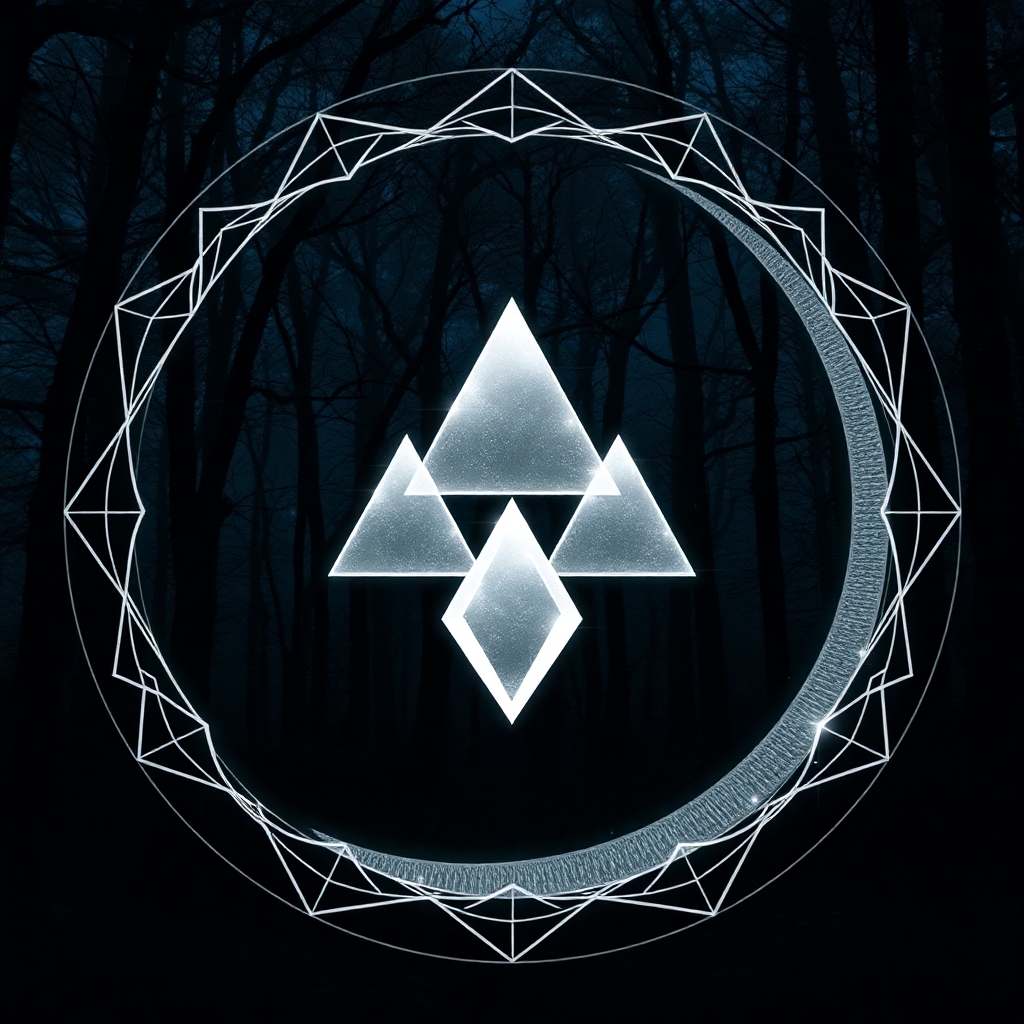Allow Storytelling to Rewire You

Decolonize Your Bookshelf: Why It Matters and Where to Start
In a world still shaped by colonial legacies, the stories we consume shape how we see ourselves, others, and history itself. Decolonizing your bookshelf means making room for voices silenced, erased, or distorted by dominant narratives. It’s not just about representation—it’s about recalibrating truth, reclaiming culture, and reimagining the future. Below is a curated list of books that challenge colonial mindsets, sorted by genre, each offering a unique lens through which to unlearn, relearn, and grow.
🌍 Fiction / Literary Novels
📖 Beloved by Toni Morrison
Set after the American Civil War, this novel tells the story of Sethe, a formerly enslaved woman haunted by the ghost of her dead daughter. Morrison explores the psychological scars of slavery and the refusal to let Black pain be forgotten. It’s lyrical, brutal, and unforgettable.
📖 The God of Small Things by Arundhati Roy
In post-colonial India, Roy weaves a complex tale of family, caste, and forbidden love. The novel critiques colonial legacies and the violence of tradition with both tenderness and rage. It’s a poetic, political masterpiece.
📖 Ceremony by Leslie Marmon Silko
This foundational Indigenous novel follows Tayo, a Laguna Pueblo WWII veteran, as he seeks healing through traditional ceremonies. Silko blends personal trauma with communal memory and myth, powerfully exploring Indigenous resilience.
📖 Things Fall Apart by Chinua Achebe
Set in pre-colonial Nigeria, Achebe’s novel follows Okonkwo, a respected Igbo leader whose world unravels under British colonial influence. Through a rich, local perspective, Achebe dismantles Western portrayals of African “primitivism.” It’s a story of pride, power, and the rupture of Indigenous identity.
📖 Son of a Trickster by Eden Robinson
This is a gritty, magical realist tale about Jared, an Indigenous teen in British Columbia who discovers he’s the son of a supernatural trickster. Robinson blends harsh reality with Haisla mythology, highlighting survival, trauma, and cultural magic. It is witty, raw, and unsettlingly beautiful.
📖 Elatsoe by Darcie Little Badger
In an alternate America shaped by Indigenous traditions and magic, Lipan Apache teen Elatsoe investigates her cousin’s death with the help of her ghost dog. It’s a YA mystery woven with ancestral strength, family loyalty, and resistance—a radical reimagining of speculative fiction through Indigenous cosmology.
Why it matters: These novels challenge colonial literary canons by centering Indigenous and African narratives, mythologies, and voices, offering alternative worldviews that are often marginalized.
📚 Historical and Social Nonfiction
📖 The 1619 Project by Nikole Hannah-Jones
This collection of essays, poems, and stories reframes U.S. history, focusing on slavery as foundational to the nation’s development. It challenges myths of American exceptionalism and reorients the timeline of freedom and democracy—a vital corrective to whitewashed history.
📖 A People’s History of the United States by Howard Zinn
Zinn tells U.S. history from the perspective of workers, Indigenous people, slaves, and immigrants. It defies the triumphalist, settler-colonial narrative taught in most schools. A bold retelling that puts the oppressed at the center.
📖 A Different Mirror by Ronald Takaki
Takaki explores American history through the lenses of Native Americans, African Americans, Latinos, and Asian Americans. His narrative weaves the stories of marginalized groups into the broader fabric of the U.S. experience. It’s inclusive, engaging, and expansive.
Why it matters: These texts reclaim historical agency for people written out of dominant narratives, reshaping how we understand national identity and justice.
🧘️♀️ Speculative Fiction & Science Fiction
📖 Parable of the Sower by Octavia E. Butler
Set in a climate-ravaged, dystopian America, this novel follows a young Black woman who founds a new spiritual philosophy amid societal collapse. Butler critiques capitalism, racism, and environmental neglect while imagining liberation through radical empathy and adaptation.
📖 The Broken Earth Trilogy by N.K. Jemisin (start with The Fifth Season)
In a world wracked by seismic catastrophe, a persecuted group known as “orogenes” hold the key to survival. Jemisin, the first Black woman to win the Hugo Award for Best Novel three years in a row, explores systemic oppression, grief, and ecological justice through deeply original world-building.
📖 Black Sun by Rebecca Roanhorse
Inspired by the pre-Columbian Americas, this epic fantasy follows celestial prophecies, political upheaval, and power struggles across Indigenous-inspired cultures. Roanhorse rewrites the fantasy genre by centering non-European mythologies and worldviews.
📖 Stories of Your Life and Others by Ted Chiang
A collection of speculative stories that explore language, time, and human perception. “Story of Your Life” (the basis for the film Arrival) confronts determinism, grief, and communication through alien contact. Chiang’s work questions the very structure of knowledge and reality.
📖 The Marrow Thieves by Cherie Dimaline
In a dystopian future where Indigenous people are hunted for their bone marrow (which contains the ability to dream), a group of youth flees to preserve their culture and spirit. Dimaline mixes survivalist sci-fi with Indigenous resurgence. Powerful and haunting.
Why it matters: Speculative fiction isn’t just about the future—it’s about whose future is imagined. These authors disrupt Eurocentric sci-fi traditions by infusing them with non-Western philosophies and resistance.
🧑🎓 Personal & Political Liberation
📖 The Body Is Not an Apology by Sonya Renee Taylor
A call to radical self-love as a path to collective liberation. Taylor urges us to unlearn body shame imposed by systems of oppression. It’s part memoir, part manifesto, part spiritual guidebook.
📖 Sister Outsider by Audre Lorde
This collection of essays and speeches by Black lesbian poet and activist Audre Lorde explores race, gender, sexuality, and power. Her voice is both confrontational and tender, advocating for difference as a source of strength. It’s foundational reading in intersectional feminism and liberation thought.
📖 Freedom is a Constant Struggle by Angela Y. Davis
Davis connects the Black Lives Matter movement, global resistance to police violence, and the history of anti-colonial struggle. Her essays and interviews span decades of organizing, theory, and hope. A vital link between past and present liberation movements.
📖 This Bridge Called My Back edited by Cherríe Moraga and Gloria Anzaldúa
A groundbreaking anthology of radical writings by women of color on identity, feminism, and solidarity. It challenges white feminism, colonialist frameworks, and systemic invisibility. Fierce, poetic, and unapologetically intersectional.
Why it matters: Colonization didn’t just take land—it took bodies, autonomy, and worth. Reclaiming the body, voice, and collective memory are all decolonial acts.
🌐 Middle Grade & Young Readers
📖 Indian No More by Charlene Willing McManis
Set in the 1950s, this novel follows Regina, a Umpqua girl whose tribe loses federal recognition, forcing her family to relocate to Los Angeles. She grapples with identity, racism, and cultural loss—a heartfelt, age-appropriate story about displacement and survival.
📖 The 1619 Project: Born on the Water by Nikole Hannah-Jones and Renée Watson, illustrated by Nikkolas Smith
A lyrical picture book that tells the story of African people’s lives before enslavement, their resilience during the Middle Passage, and their cultural survival in the U.S. It’s deeply poetic and historically rich, offering young readers truth and pride.
📖 Healer of the Water Monster by Brian Young
This contemporary fantasy follows Nathan, a Navajo boy who discovers a Holy Being needing help. Set on a reservation, the story blends Diné cosmology with real-life challenges like addiction and intergenerational trauma. It is a moving, magical bridge between tradition and the present day.
📖 Ancestor Approved: Intertribal Stories for Kids edited by Cynthia Leitich Smith
This anthology features stories from Indigenous authors centered around an intertribal powwow. Each tale is unique and highlights humor, pride, and community. It’s an accessible, joyful celebration of Native identity.
📖 Rez Dogs by Joseph Bruchac
Written in verse, this novel tells the story of a girl quarantined on a reservation during the COVID-19 pandemic. She learns from her grandparents about their past, Indigenous resilience, and the importance of stories. Quiet but powerful, it honors ancestral wisdom and survival.
Why it matters: These books provide young readers with culturally grounded stories that celebrate survival, truth, and joy, offering counter-narratives to the erasure often found in children’s media.
Final Thoughts
Decolonizing your bookshelf is not a trend—it’s an act of reparation and resistance. It means making space for the stories that weren’t allowed to thrive and listening deeply to long-silenced voices. Every book you read shapes your worldview; make sure that view includes the wisdom, pain, beauty, and strength of those who have endured, resisted, and reimagined the world.

Leave a Reply